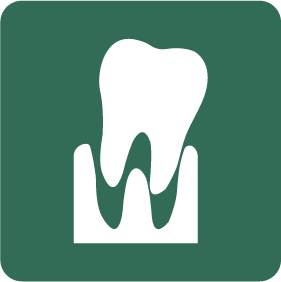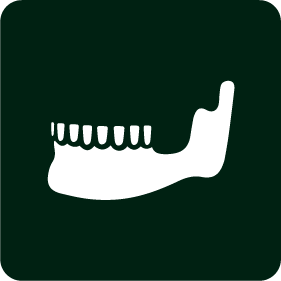Our Services
Maxillofacial: What is it?
The maxilla is the upper jaw; maxillofacial refers to the jaws and facial area.
Oral and Maxillofacial Surgeons diagnose and treat issues relating to the hard tissue (i.e., bone) of the jaws (mandible or lower jaw and maxilla or upper jaw) and the soft tissue (i.e., skin, muscle) of the face, mouth, and jaws.
SERVICES
Surgical Extractions/Wisdom Teeth Removal
Oral and Maxillofacial Surgeons routinely perform surgical extractions when necessary to remove teeth due to decay, injury, or as part of orthodontic treatment. When wisdom teeth cannot break through the gums, or there isn’t enough room for them, they are considered impacted and should be evaluated by an oral surgeon to avoid complications such as damage to adjacent teeth, infections, and the formations of cysts in the jaw.
Dental Implants/Implant Secured Dentures
Dental implants may be the solution you’ve been looking for if you’re missing a tooth. Dental implants are a long-term solution to replace missing teeth. Seven out of ten adults ages 35 to 44 will lose at least one permanent tooth to an accident, gum disease, a failed root canal, or tooth decay. One in four adults will lose all their permanent teeth by age 74. Dental implants are also an excellent option for a single-tooth replacement or to secure a denture. They also reduce the need
for diet restrictions or discomfort from ill-fitting dentures. Implants help reduce bone loss in the jaw from missing teeth, and they look and feel like natural teeth.
Anesthesia
Today’s anesthesia options allow patients to undergo surgery with little to no discomfort. Oral and maxillofacial surgeons have extensive training and experience administering all forms of sedation and general anesthesia. Office- based anesthesia is convenient and cost-effective and the majority of oral and maxillofacial surgery procedures are performed safely and comfortably with anesthesia administration.
Surgical Orthodontics
Orthodontists refer their patients to oral and maxillofacial surgeons for procedures that assist patients in achieving their orthodontic goals. Oral Surgeons help with erupting impacted teeth, a technique used to help blocked teeth through the gum and into the correct position. This occurs most frequently with the canine (or eye) teeth. They also place temporary anchorage devices (TADs), occasionally used for a
short time during orthodontic treatment to reposition teeth using small titanium screws placed by oral and maxillofacial surgeons in their office.
Corrective Jaw Surgery
Corrective jaw surgery – called orthognathic surgery – is performed by oral and maxillofacial surgeons to realign the jaw and teeth. Orthodontists correct a person’s bite if only the teeth are misaligned. Corrective jaw surgery may be necessary if the jaw is misaligned. Jaw misalignment can be caused by injuries, birth defects or different growth rates of the jaws. Surgery can improve basic functions, such as
breathing, chewing and speaking. Your dentist, orthodontist and OMS will work together to determine whether you are a candidate for corrective jaw surgery.
Pathology/Oral Cancer
50,000 people are diagnosed with oral cancer each year in the United States, and the fastest growing segment are non-smokers under the age of 50. The survival rates for oral cancer are 80% to 90% when found at the early stages of development. Oral and maxillofacial surgeons are unique within dentistry in their ability to diagnose and treat these conditions. Don’t ignore any suspicious lumps or sores. Should you discover something, make an appointment for a prompt examination by an oral and maxillofacial surgeon.
Facial Trauma
When you are injured in a sports injury, automobile, motorcycle, bicycle accident, fall, or other mishaps that cause injuries to the face resulting in a broken jaw and cheek bones, eye sockets, sinuses and noses. These in turn can cause difficulty in breathing, swallowing, and talking. OMSs are the specialists most qualified to deal with these
types of injuries.
Other Surgical Services
Oral and maxillofacial surgeons perform various dental and soft-tissue procedures to improve function, appearance and oral health, including diagnosing and addressing oral cancers. In younger patients, OMSs assist with repositioning or blocking emerging teeth into the correct position during orthodontic treatment and in patients of all ages. OMSs can also perform a variety of hard and soft tissue procedures to correct, repair, or promote healthy gums and jaw bone tissue.








